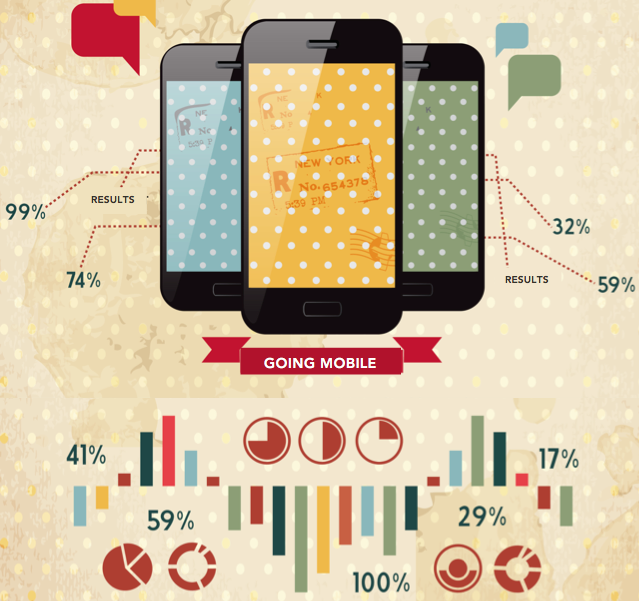The Life Sciences Are Going Mobile – Should Your Medicine Go Mobile Too?


 By Jordan Warshafsky, Partner, Ashton Tweed
By Jordan Warshafsky, Partner, Ashton Tweed
People with at least one medical, health, or fitness app on their mobile device doubled between 2013 and 2015, growing from 16% to 32% (PwC). Mobile capabilities for monitoring and treating patients are improving their quality of life and care by offering the flexibility they crave. Patients are also feeling empowered with a more active role in their health care and more control over their unique needs. But these mobile abilities are helping doctors and researchers too! These devices often provide access to more data, round the clock monitoring, and instant communication if needed. All of these benefits come with little to no extra effort for involved parties.
Therefore, it’s no surprise that doctors and patients alike are looking for medical devices and therapeutics that can be used and administered on the go. The efficient collection of data could help detect trends in patient health and provide possible clues to future clinical trials and treatments. So what new technologies do medical device professionals wish to add to their products over the next 5 years? The MD+DI’s 2015 survey says:
- 9% said mobile apps
- 2% said wearable format
- 8% said mobile tech
If your company is looking to add a mobile component to your therapy or product, these are the spaces to explore within your discipline. Perhaps there are mobile technologies already available that your company and your patients can benefit from. Or perhaps you’re looking to develop your own technology to fit your patient’s very specific needs. If so, ask yourself:
- Can you free patients hooked up to stationary machines as a part of their treatment routine?
- Which vitals or other valuable physical data can you track with a wearable technology?
- Would a smartphone app or wearable help patients better adhere to their prescribed therapy?
The possibilities for mobile technologies are expansive and exciting. New apps and cloud-based technologies like Yale’s Hugo are even making it easier to access health records, making sure you and your healthcare provider don’t fall victim to issues involving insufficient documentation or misinformation. This also allows for the expedited sharing of documents between patients and researchers (FierceBiotech).
Trends show that this is not a movement to miss out on (WSJ). However, this is not a process that should be rushed. These technologies take time to develop and approve on the regulatory front. And as far as data collection, some information will only be useful with a high number of users, meaning they need time to build a large enough user base to truly get started. Therefore, the same careful attention you pay in developing your innovative treatments should be given to creating new mobile technologies.
If you are looking for tech talent to get your mobile products started, contact Ashton Tweed to discuss your needs today.
Share your insights! Contact jamesrudman@ashtontweed.com to contribute your life sciences article as a guest writer.





